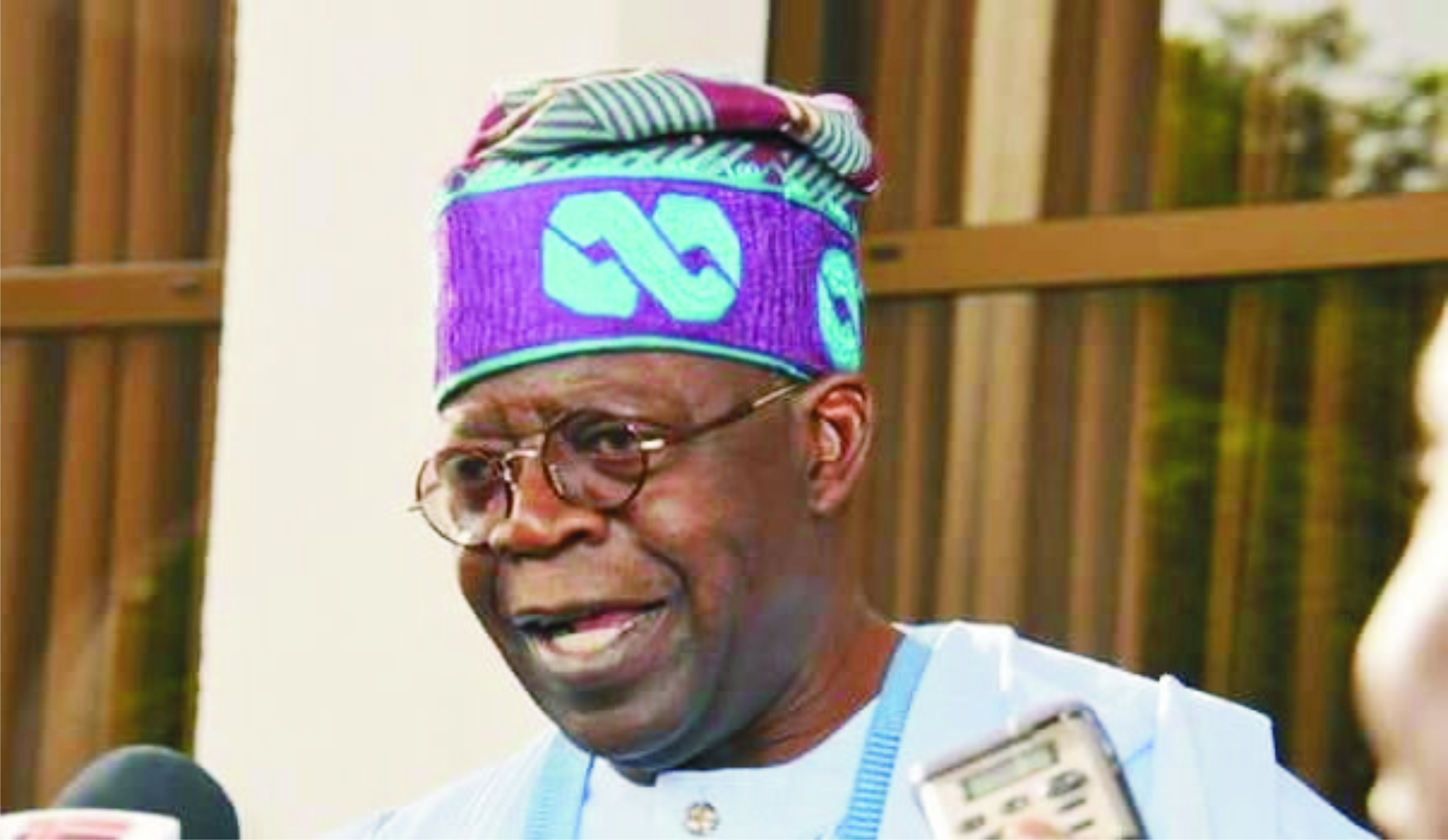Business
Tinubu’s Reforms Will Stimulate Economy – SEC

The Securities and Exchange Commission (SEC) says the economic reforms initiated by President Bola Tinubu is capable of revitalising Nigeria’s economy.
In a statement on Saturday, Director General, SEC, Lamido Yuguda, said the reforms are intended to revitalise the country’s economy and improve the standard of living of Nigerians.
Yuguda recalled that on the president’s first day in office, there was a remarkable 5.23 percent surge in market capitalisation at the Nigerian Exchange Limited (NGX), driven by “optimistic anticipation of market reforms.
“It is a fact that there are prevailing challenges arising from demanding macroeconomic conditions, constrained consumer spending, and rising operational costs.
“Despite these challenges, there remains a shared sense of optimism that ongoing rigorous reforms will rejuvenate the nation’s economy.
“I, therefore, pledge the resolute support of the Capital Market to the Federal Government in navigating these challenges for the country’s brighter future.
Yuguda said Nigeria outperformed global indices on gains in the all-share index (ASI) and market capitalisation in the first half of 2023, an indication that the economy is being reflated.
Last Tuesday, Nigerian stocks recorded remarkable gains as the All-Share Index (ASI), which measures the overall performance of equities, hit its highest level ever.
The ASI of the NGX rose by 0.51 percent to 66,490.34 basis points from 66,151.38 recorded the previous day, thus surpassing the high of 66,371.2 basis points, set more than 15 years ago on March 5, 2008.
The SEC boss attributed the performance to several factors, such as “the appealing dividend yields offered by certain stocks, the recovery of corporate earnings, and a notable improvement in sentiments among domestic retail investors.
“All the indicators reflecting investors’ involvement – including volume, value, and the number of transactions – had demonstrated consistent month-on-month increases throughout the first half of 2023″, he said.
Transport
Automated Points Concession : FAAN Workers Gave 72hrs To Revise Decisions In PH

Transport
FAAN Announces Pick-Up Points for Go-Cashless Cards

Business
Fidelity Bank To Empower Women With Sustainable Entrepreneurship Skills, HAP2.0
-

 Politics4 days ago
Politics4 days agoSenate Urges Tinubu To Sack CAC Boss
-

 News4 days ago
News4 days agoAmend Constitution To Accommodate State Police, Tinubu Tells Senators
-
Business4 days ago
Crisis Response: EU-project Delivers New Vet. Clinic To Katsina Govt.
-

 News4 days ago
News4 days agoDisu Takes Over As New IGP …Declares Total War On Corruption, Impunity
-
Business4 days ago
President Tinubu Approves Extension Ban On Raw Shea Nut Export
-
Business4 days ago
President Tinubu Extends Raw Shea Nuts Export Ban To 2027
-
Business4 days ago
Fidelity Bank To Empower Women With Sustainable Entrepreneurship Skills, HAP2.0
-
Sports4 days ago
NDG: Rivers Coach Appeal To NDDC In Talent Discovery

